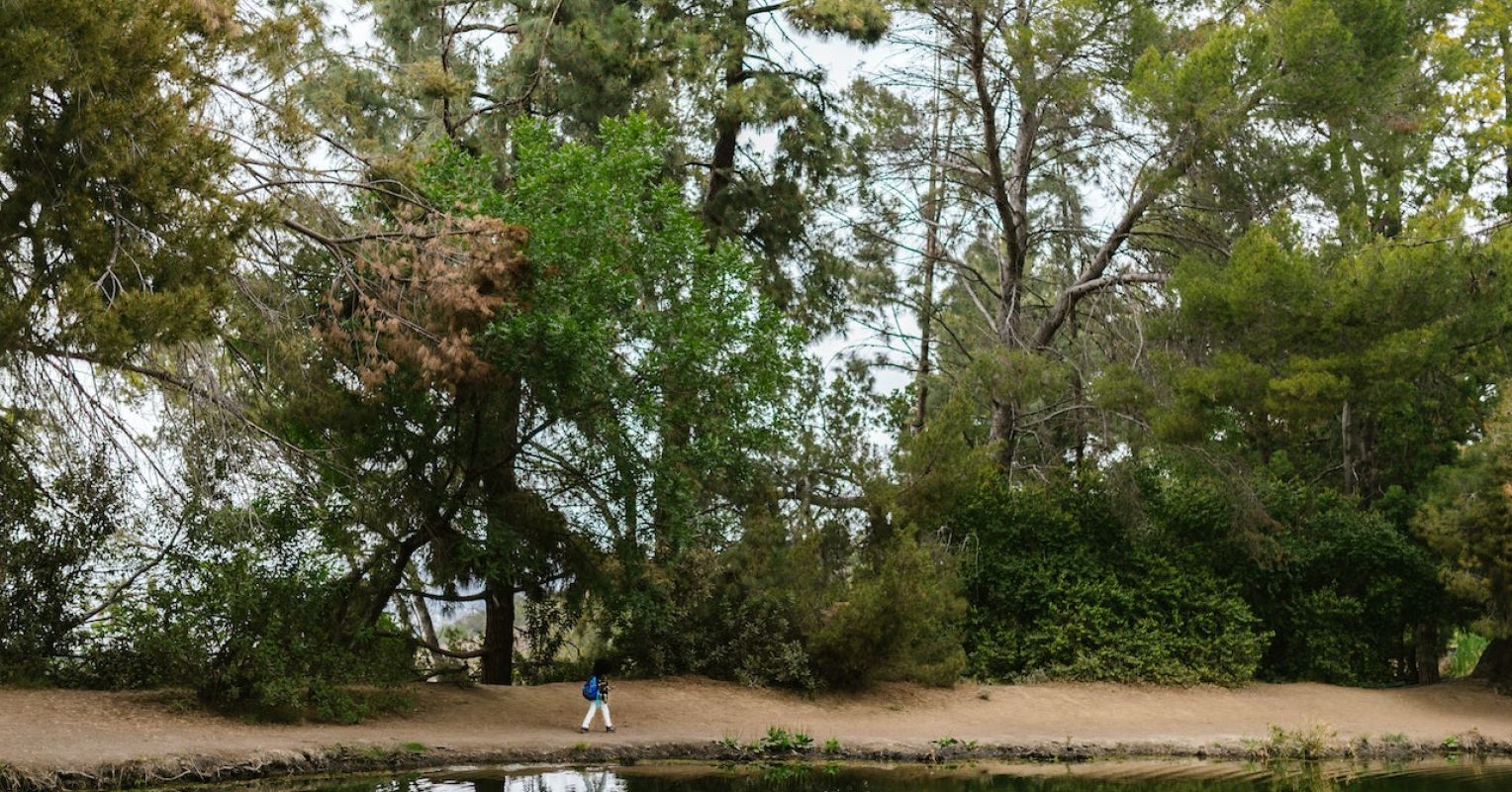- December 19, 2022
- No Comment
- 11 minutes read
The Added Health Benefits of Walking in Nature – Psychology Today

Our conversations are sprinkled with slips, pauses, lies, and clues to our inner world. Here’s what we reveal when we speak, whether we mean to or not. Verified by Psychology Today
Posted December 18, 2022 Reviewed by Jessica Schrader
My dog Scout squeals with excitement as we pull up to the nature reservation 15 minutes outside of Boston where we live. The anticipation of running freely around the forest is almost more than he can handle.
This makes me think: Hey, maybe this guy is onto something. And maybe we should be overcome with excitement to spend some time in nature too. In fact, research suggests that we actually need a weekly dose of nature to feel good.
A 2019 study out of the University of Exeter’s medical school found that people who spent between one and 119 minutes in nature were no more likely to report good health or high well-being compared to those who reported 0 minutes. But those who spent 120 minutes or more had consistently higher levels of both health and well-being than those who had no exposure. Positive associations peaked between 200 to 300 minutes per week with no further gain.
As an exercise scientist and a health behavior change expert, I was curious about this question: Is exercising in nature additive? Specifically, is it healthier for me to take a walk in the woods than it is for me to take a walk in the city?
I found that the answer is likely yes.
First, several mechanisms have been proposed to cause positive outcomes in response to exposure to nature—specifically independently of increased physical activity. These mechanisms include psychological stress reduction, attention restoration, exposure to cleaner air, and improved social networks.
A 2020 study out of the University of Iceland compared three conditions: walking in nature, watching a video of the same nature scene, and walking on a treadmill in the gym. Participants in this study completed their assigned condition two times—once during no stress period (no academic exams) and then under a stressful period (examination period).
Each condition was matched for time (e.g., a 40-minute walk or video viewing). Cortisol and positive and negative affect were assessed before and after the assigned intervention.
The researchers found that during the stressful examination period, the nature walking group had significantly lower cortisol levels than those who just watched nature videos. They also scored significantly higher on positive affect compared to both groups.
So what does this mean? During stressful life times, walking in nature might be better than walking in other contexts (e.g., the gym).
A 2012 study from the University of Michigan also found that walking in nature resulted in better memory performance and positive affect than walking in urban settings.
A recent meta-analysis suggests that nature walks have positive effects on anxiety and depression.
In 2017, an estimated 792 million people were affected by mental health issues worldwide. I would imagine this has gone up since the COVID-19 pandemic.
The global economic burden of mental disorders is projected to be $6 trillion dollars in 2030.
We know that exercise has beneficial effects on mental health. Seeking out opportunities to be physically active in nature or green spaces may enhance these effects.
I recognize that not everyone has access to nature.
That is fine—even living in greener urban areas is associated with lower probabilities of cardiovascular disease, obesity, diabetes, mental distress, and ultimately mortality. So if you live in an urban area, seeking out green space within your city is beneficial.
A popular app I like lists all the nature trails within your area, which can help you find opportunities. After you have found opportunities to be in nature, here is what I would recommend:
Justin Kompf, Ph.D., currently works at Brandeis University as a researcher in the Lifespan Developmental Psychology Laboratory. He is interested in interventions to promote physical activity.
Get the help you need from a therapist near you–a FREE service from Psychology Today.
Psychology Today © 2022 Sussex Publishers, LLC
Our conversations are sprinkled with slips, pauses, lies, and clues to our inner world. Here’s what we reveal when we speak, whether we mean to or not.

